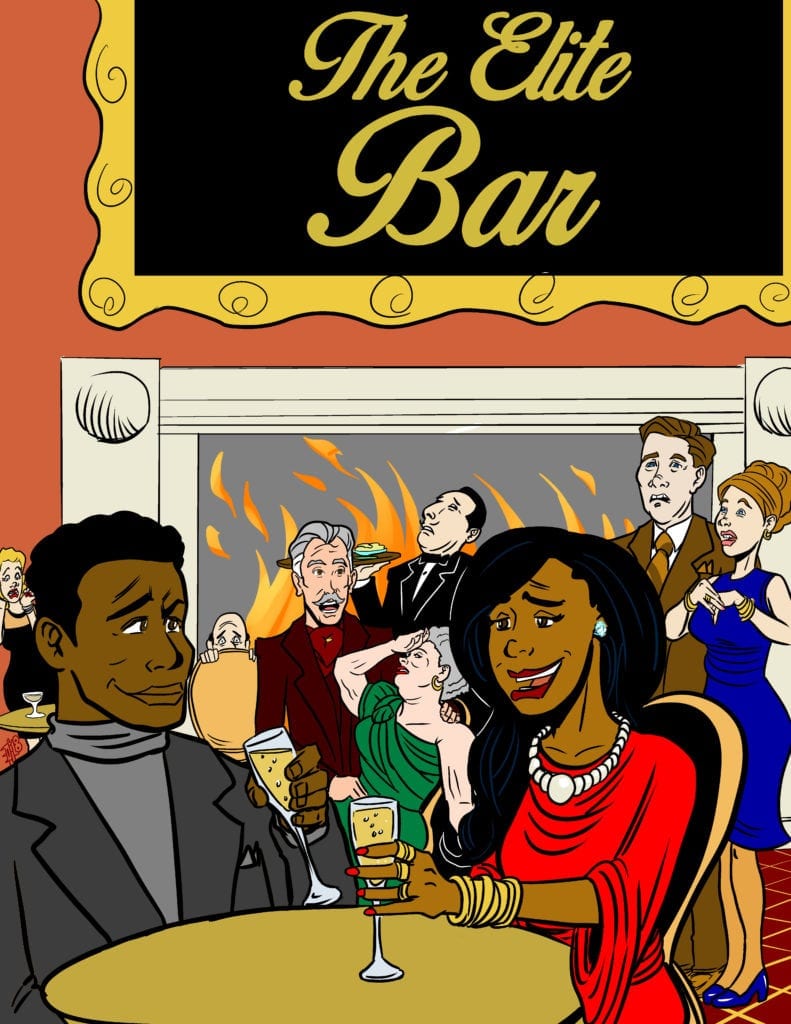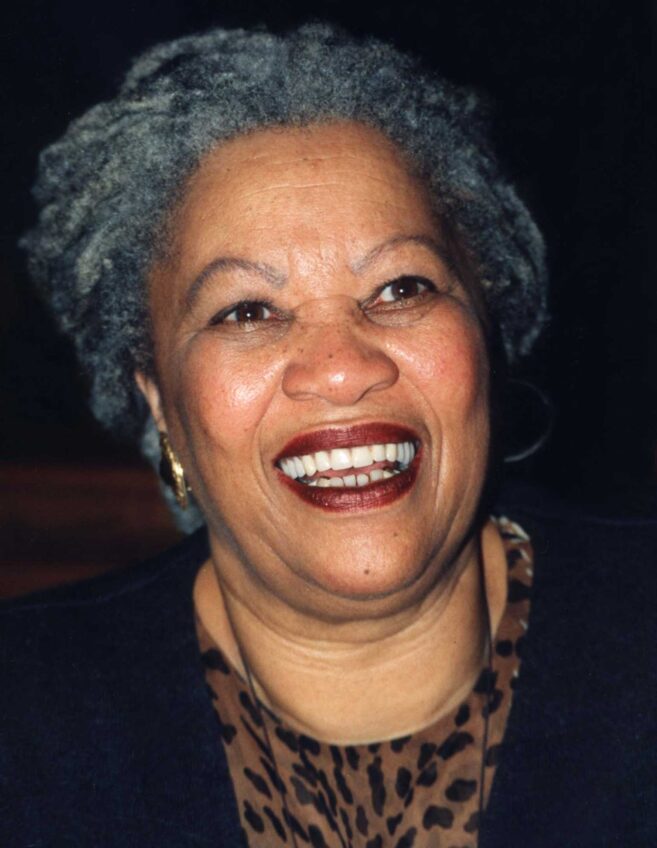
Racial discrimination was so pervasive in American cities in the early 20th century that blacks were rarely seen in professional or executive positions beyond the segregated residential communities. Downtown blacks were “invisible.” Ralph Ellison wrote a novel on this phenomenon entitled “The Invisible Man,” which won the National Book Award in 1953. The primary character of the novel states, “I am invisible, understand, simply because people refuse to see me.” Perhaps the sudden visibility of blacks everywhere is causing some whites to call the police even when no crime is underway.
Over the years blacks have complained that the police presence is often oppressive, and is not calculated to protect black citizens. In the Jim Crow era the sheriff’s office facilitated lynchings. Law enforcement officials precipitated the 1921 Battle of Tulsa and the 1919 Phillips County Arkansas Massacre. Both were called race riots because blacks took up arms in self-defense.
In modern times, blacks have had to endure the imposition of questionable police intervention such as when they are “driving while black.” There has also been a reoccurring pattern of blacks being unlawfully gunned down by the police who enjoy impunity. Some people even have the temerity to complain about the organization of “Black Lives Matter” to protest the abuse.
So now a number of black people have suddenly materialized in places where whites do not expect to see them. That was bound to happen. After all, the nation’s population is multiracial. The hoped-for obsequious black whose docility obscured his presence was always an illusion. As the character in Ellison’s book explains, “When I discover who I am I’ll be free.” For many blacks that time has come, and they are unlikely to tolerate abuse.
Starbucks cannot advertise for people to come to their shops to meet with associates, but not admit blacks. A white Yale student cannot call the police on a black grad student who fell asleep in the dorm’s lounge area. Renters of an Airbnb in Rialto, Calif. cannot be interrogated by police who were called by a neighbor who thought they were burglars.
It’s a new day. blacks and Latinos are now everywhere.






